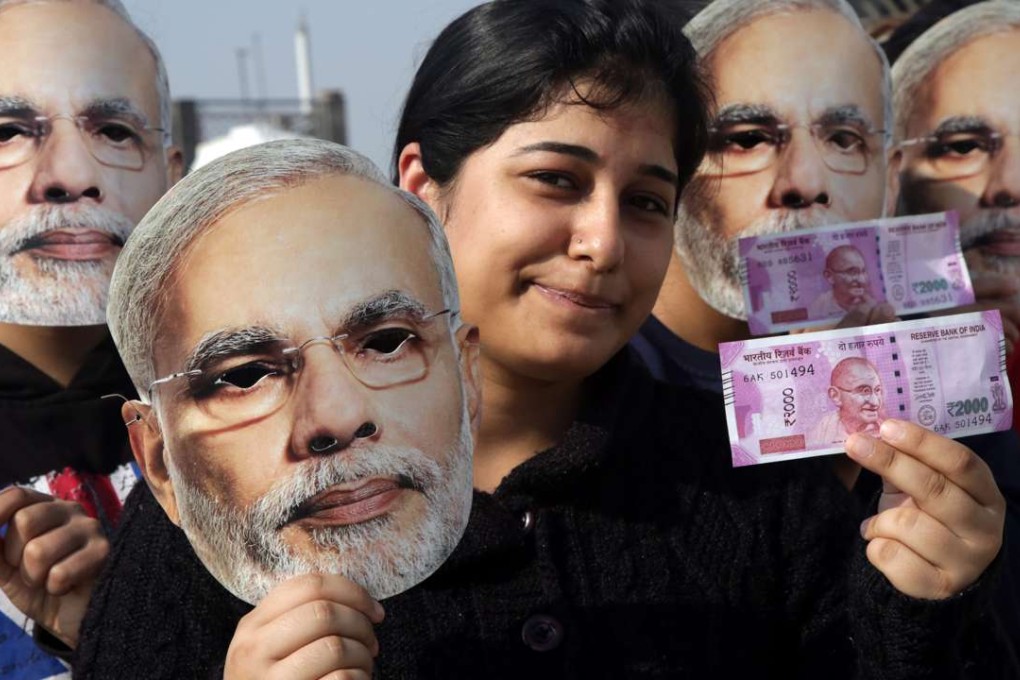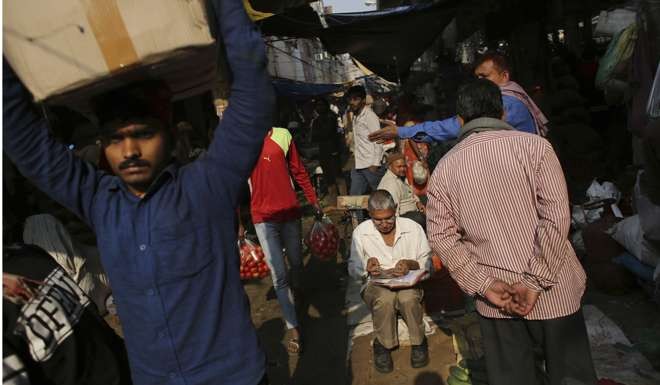Just Saying | India’s leadership has got guts – if only Hong Kong could have some of it
Yonden Lhatoo sees bold and decisive leadership behind India’s controversial demonetisation drive, and can’t help contrasting it with Hong Kong’s situation

I still vividly remember the last time I was forced to pay a blatant bribe in India. It was quite a few years ago, at the cargo handling facility of New Delhi’s international airport, right under a big anti-bribery warning sign.
I was picking up a parcel that I had earlier arranged to be sent by cargo flight from Hong Kong when I realised I was being deliberately given the runaround, from counter to counter, unless I paid the ubiquitous “tea money”. So I did.
That was long before Narendra Modi became prime minister. I was in India again for a holiday last month, and returned to Hong Kong just a day before the shock and awe of his demonetisation drive. It was by chance that I missed the immediate panic it triggered.
In one fell swoop, on the evening of November 8, Modi declared all 500-rupee (HK$56) and 1,000-rupee notes invalid, effective from midnight. We’re talking about India’s two biggest currency denominations, accounting for 86 per cent of all the money in circulation. In a country where 90 per cent of the transactions use cash. You can imagine the impact. India is not quite ready to be a cashless society, with electronic payment still in its infancy.
Why Modi’s Indian banknote bombshell has shades of North Korea’s currency disaster

Whether he’s right or wrong to do it depends on who you’re talking to, three weeks after that apocalyptic announcement.
